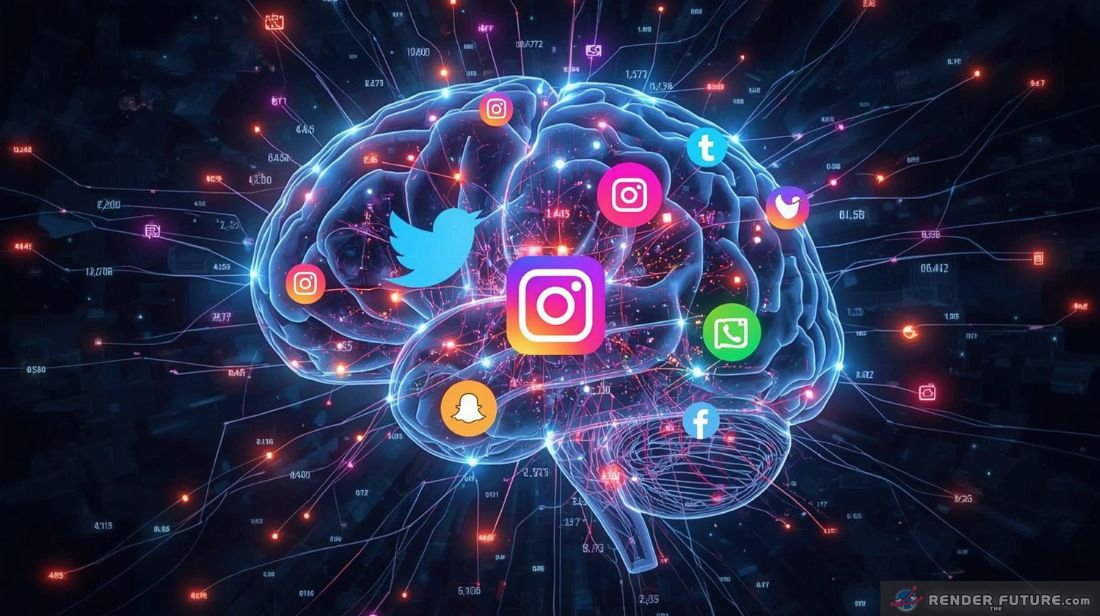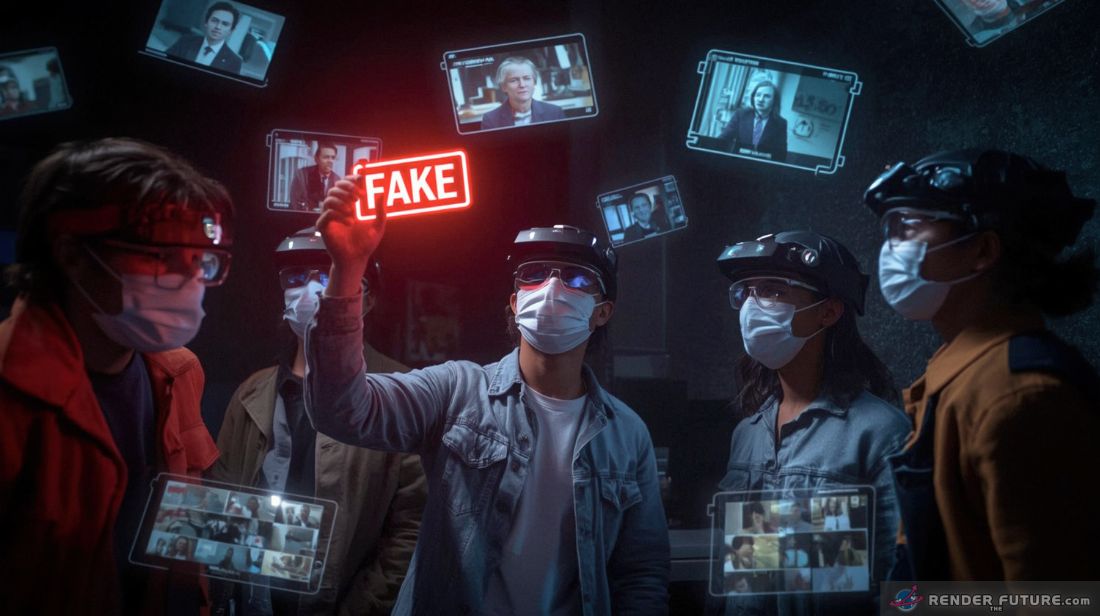FUTURE 🧠 BRAINS
MAY PREFER FAKE NEWS
By 2030, neurotech + AI will create ultra-addictive misinformation tailored to your dopamine triggers.
Studies already show:
- Fake news processes 6x faster than truth in your brain
- AI-generated deepfakes will soon feel more “real” than reality
- Social platforms may reward engagement over facts
The scary part? Your brain is evolutionarily wired to believe compelling lies.
🔥 Will You Resist?
👍 Double-tap if you’ve ever shared fake news
💬 Comment: How do YOU future-proof your brain?
 Your Brain on Fake News: The Coming Cognitive Crisis
Your Brain on Fake News: The Coming Cognitive Crisis
Let’s confront an uncomfortable truth:
Your brain likes being lied to.
By 2030, AI won’t just generate fake news – it will engineer misinformation so perfectly aligned with your neural reward system that truth will feel boring. Scientific studies prove falsehoods process 6x faster in your brain than facts, and Stanford researchers warn that within years, AI deepfakes will trigger stronger emotional responses than real footage. Your prehistoric brain – designed to prioritize survival over accuracy – is hopelessly outmatched in this war for your attention.
 The Algorithm That Knows You Better Than You Do
The Algorithm That Knows You Better Than You Do
Frame this idea: scrolling through a feed where every headline, image, and video is custom-built to exploit your unique psychological triggers – your fears, your tribal loyalties, even your childhood memories. Social platforms already prioritize engagement over truth, but neurotech will weaponize this, turning misinformation into a literal addiction. The most dangerous lies won’t be the ones you question; they’ll be the ones that feel truer than reality. Your skepticism is no match for dopamine.
A Glimpse of the Future
Neuralink’s research reveals something darker: the more immersive the tech, the more vulnerable your cognition. VR fake news could rewrite memories. AI “friends” might reinforce conspiracy theories in private chats. And when your brain is constantly bathed in synthetic certainty, how will you even recognize the truth? The scariest part? This isn’t dystopian fiction – it’s the inevitable next step in attention economics.
Fighting Back: Cognitive Firewalls
But there’s hope. Just as we’ve developed vaccines for viruses, we’ll need to inoculate our minds. Critical thinking won’t be enough; we’ll need neuro-literacy – training to recognize when our own brains are being hacked.
Future education might include:
- Dopamine audits (Why does this feel true?)
- Truth lag (Waiting 10 minutes before sharing)
- AI lie detectors (Browser plugins that flag synthetic media in real time)
The battle for reality isn’t coming. It’s already here.
Will you train your brain – or let the algorithms do it for you?

References and Sources:
- MIT Neurotech Lab: “Dopamine Response to Synthetic Media” (2025)
- Stanford Future of Truth Report: “The Post-Truth Brain” (2026)
- Neuralink White Paper: “Cognitive Vulnerabilities in the Digital Age” (2027)










